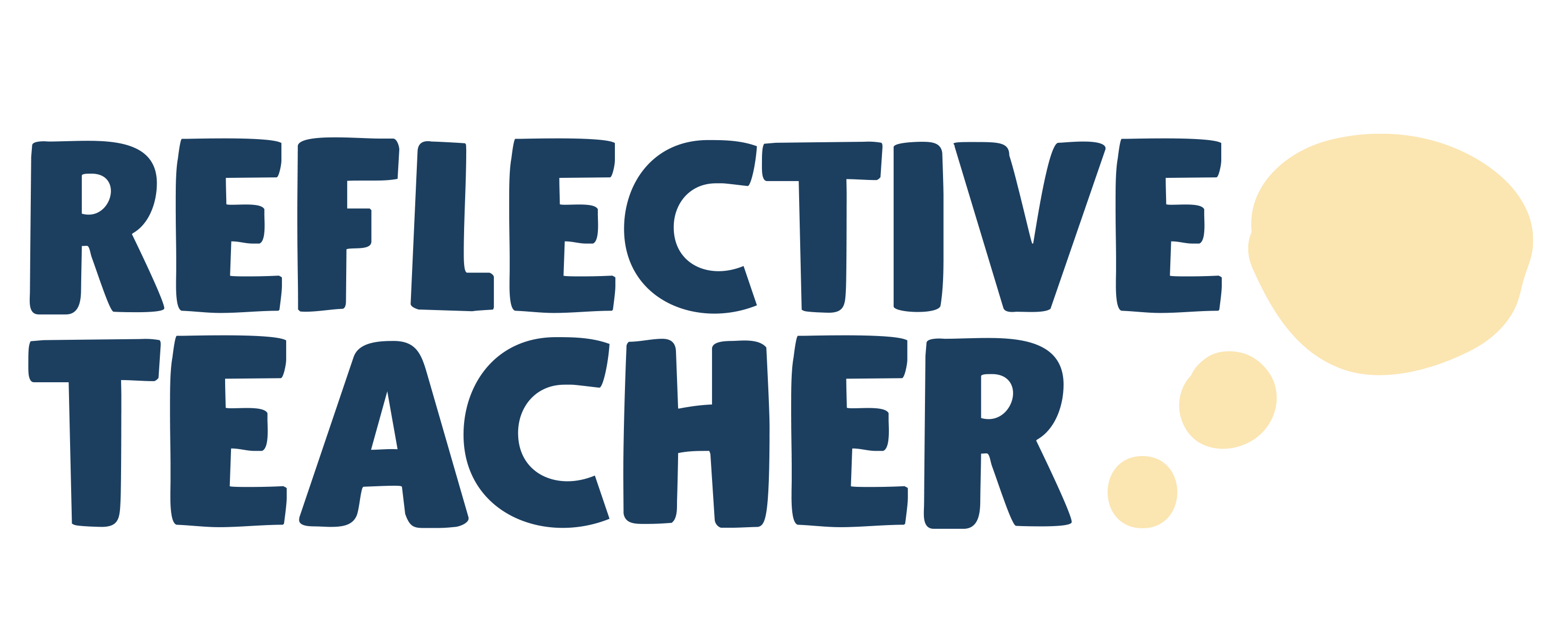Averting a second pandemic
“Many of our teachers aren’t OK. But we need them to be OK,” says Teresa Peters, a leading executive coach at Accelerator Coaching.
In fact, recent research by the NEU on Teacher Wellbeing shows that 82% of teachers say they’re feeling stressed by work. Furthermore, Education Support, a charity dedicated to supporting the mental health and wellbeing of teachers, has found that 77% of teachers experience symptoms of poor mental health due to their work.
Teacher wellbeing affects performance
As well as highlighting what many are seeing as a potential ‘second pandemic’ – this time, of mental health issues – these concerning statistics also demonstrate that wellbeing is having a major impact on how teachers are performing. For example, Education Support says 54% of teachers have considered leaving the profession in the past two years due to their mental health, while 46% always go into work when feeling unwell (rising to 54% for senior leaders).
“And who, in any job, performs at their best when they’re emotionally depleted?” says Gemma Scotcher, a spokesperson for Education Support.
She therefore urges heads and other senior leaders to ensure they take the time to put the issue of teacher wellbeing front and centre by instilling measures to head off the problems this presents. “It has a direct impact on the performance of your team – and that underpins the ability of your school to do the best for its pupils,” she stresses. “So it’s a national recovery issue. It’s a school community issue. And it’s also about treating people as humans.”
Focus on career wellbeing
Teresa believes there are five key factors when it comes to instilling good wellbeing practices in the workplace, whatever profession you’re operating in. These are: career, social, financial, physical and community.
“But career wellbeing is at the core, particularly when it comes to jobs as demanding as teaching,” she says. “It begins with feeling engaged at work. So, for example, does your team feel they’re being heard?”
It then comes down to looking at a wide range of aspects that contribute to teachers’ careers. “Important things to consider include clarity of role and clear expectations, as well as having good line managers who are enabling and encouraging their staff. We spend over a third of our time at work, so it’s often not just about the job itself, it’s about the people and a ‘whole picture’ approach to wellbeing.”
This, she says, boils down to raising self-awareness, which in turn creates confidence and helps people to align their values to what they’re doing. “It’s an internal process that leads to sustainable change. It’s all very well having a target and telling people they have to hit it. But if you support them, and enable them to do the internal work as well, it will lead to happier people.”
A powerful way of doing this, she says, is by empowering teachers to become their own coach – and to coach others. “By making this an everyday part of career development, leaders can reap huge benefits,” she says.
Emotionally safe environments
Another key step towards tackling the wellbeing challenge is cultural, says Gemma, who emphasises the importance of creating an emotionally safe professional environment where good working relationships are fostered. “This is a really good driver for workplace wellbeing – in any context. And that’s particularly important in school because there are immense pressures that can constantly pull you in every direction.”
What’s more, this should start at the top, she continues. “If a leader models good self-care practices in themselves, that ultimately gives permission to all of their workforce to do the same. An example of this might be to say no emails after a certain time in the day, and then stick to that rule yourself.”
The next important step to take, she argues, is to ensure all your line managers and senior leadership team are on board. “They are operating in the spaces where you really start to create this psychologically safe environment,” she says.
“So give them the skills and permission to start creating that culture and delivering on your vision. For example, by having those really solid working relationships where you can decompress and support each other. All staff should feel able to speak up, ask questions, make mistakes, admit that they don’t know something. When you’re really up against it, that’s vital.”
It’s also crucial that heads and other top management in schools take the time to care for themselves, she adds. “We often find that leaders tend to think about everyone else first. That’s admirable in many ways, but it also puts them at greatest risk of burnout. So we need them to create some space for themselves.”
One solution to that is the confidential online peer support groups that Education Support facilitates. “Here, leaders are able to support other leaders, because they all go through the same challenges, but there isn’t the sensitivity around showing vulnerability to your team,” she says.
It’s also essential to ensure you have the right processes and tools in place to give your team the ability to flourish. To find out how ReflectiveTeacher can help your senior leadership team support your staff in their professional development – and contribute to their wellbeing – get in touch with us now.



No responses yet